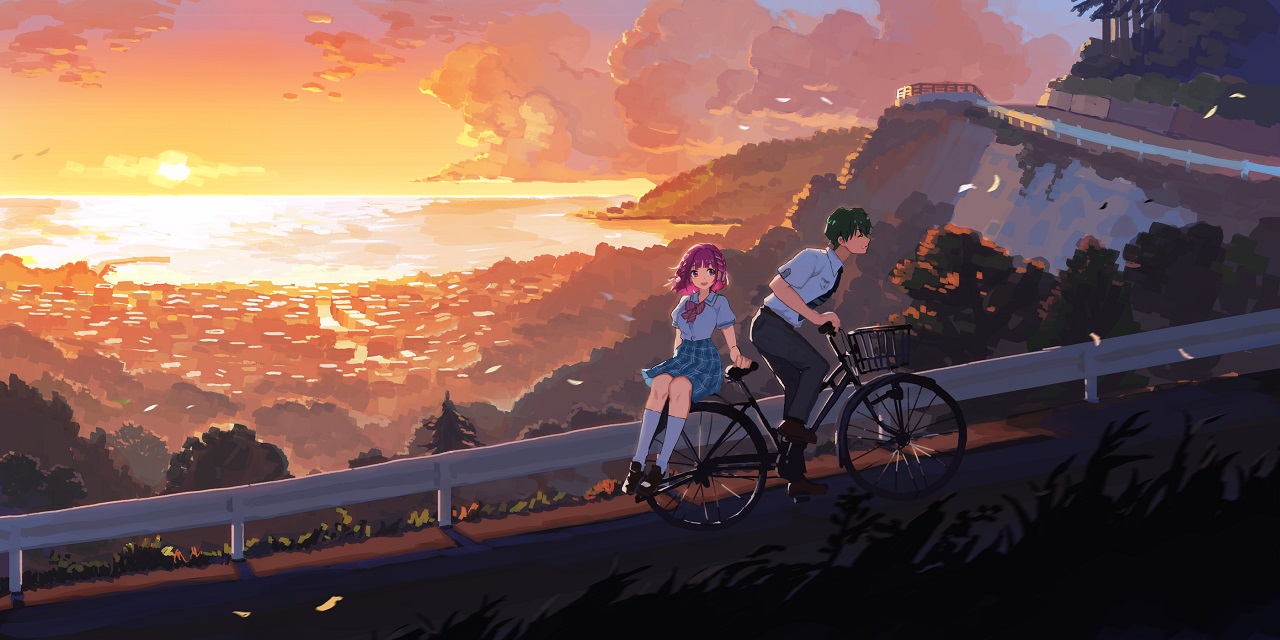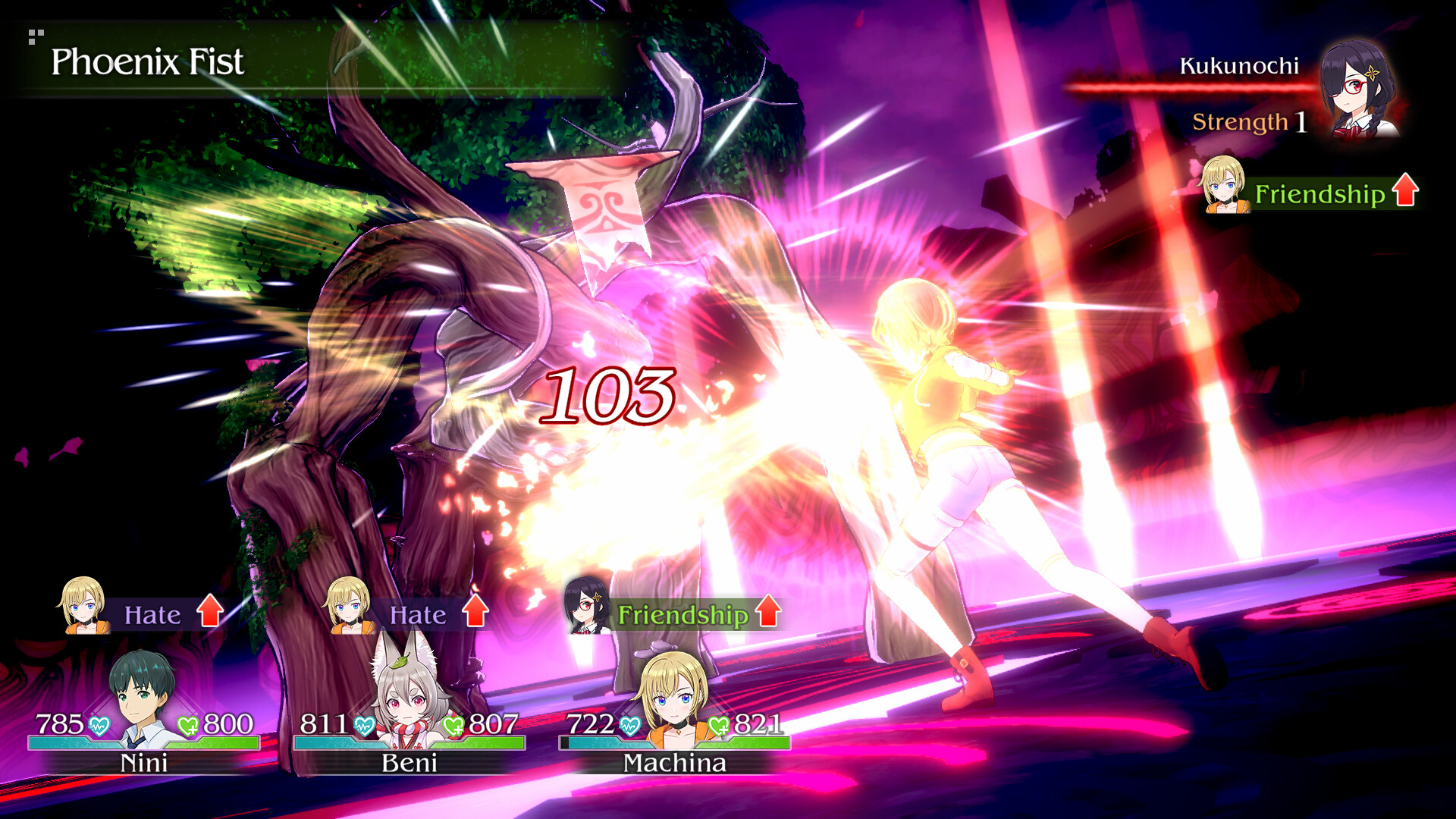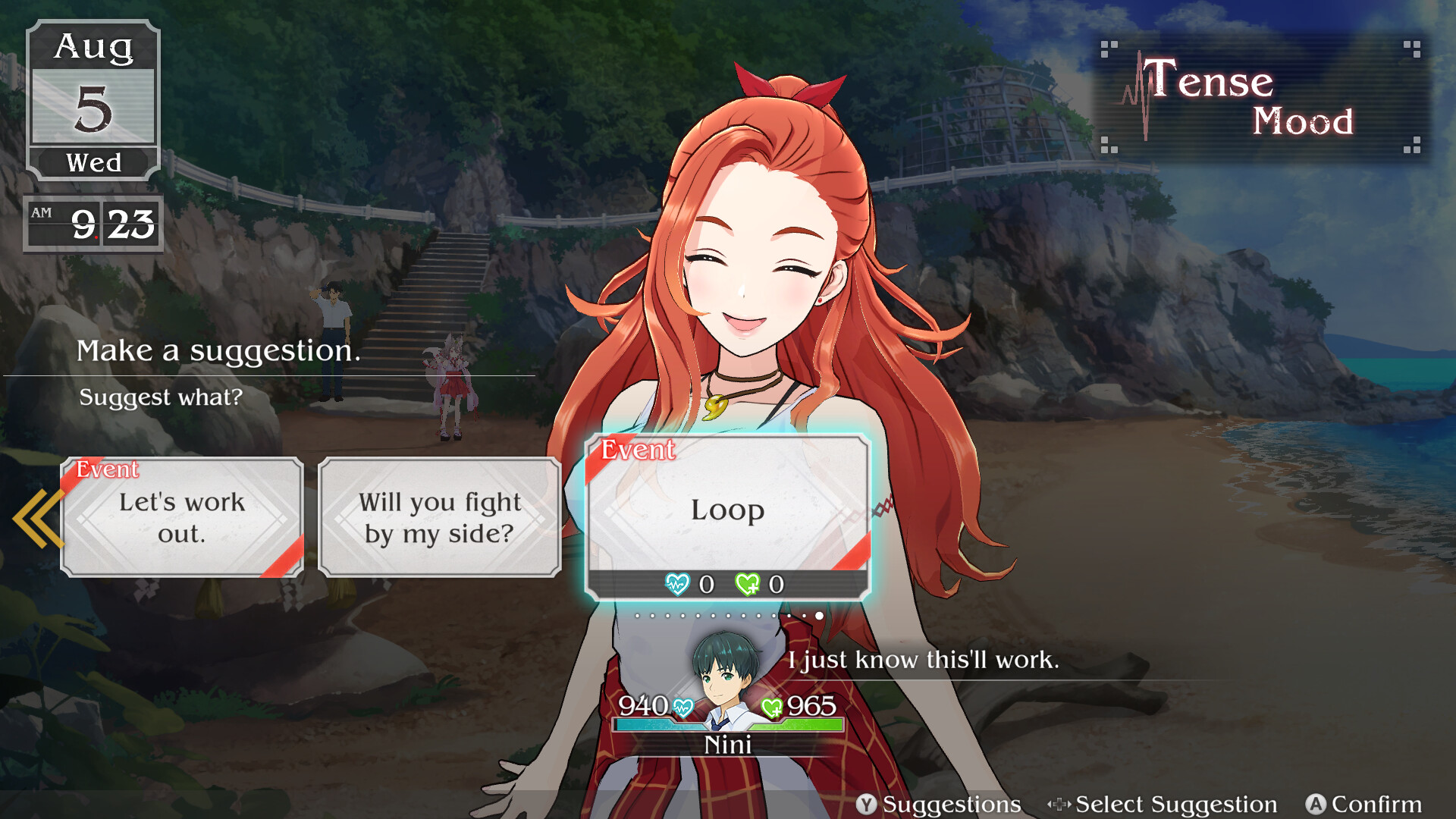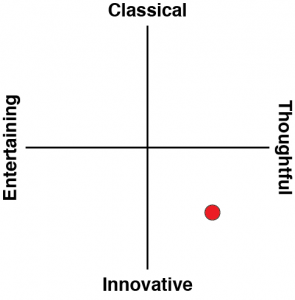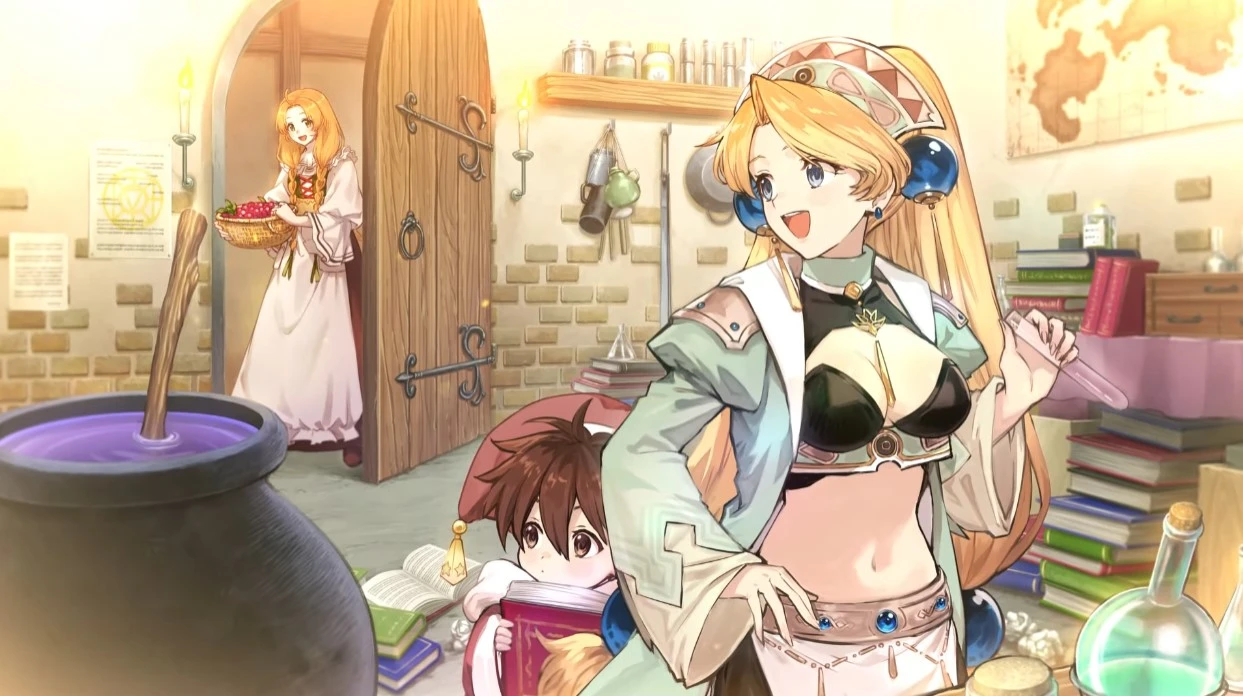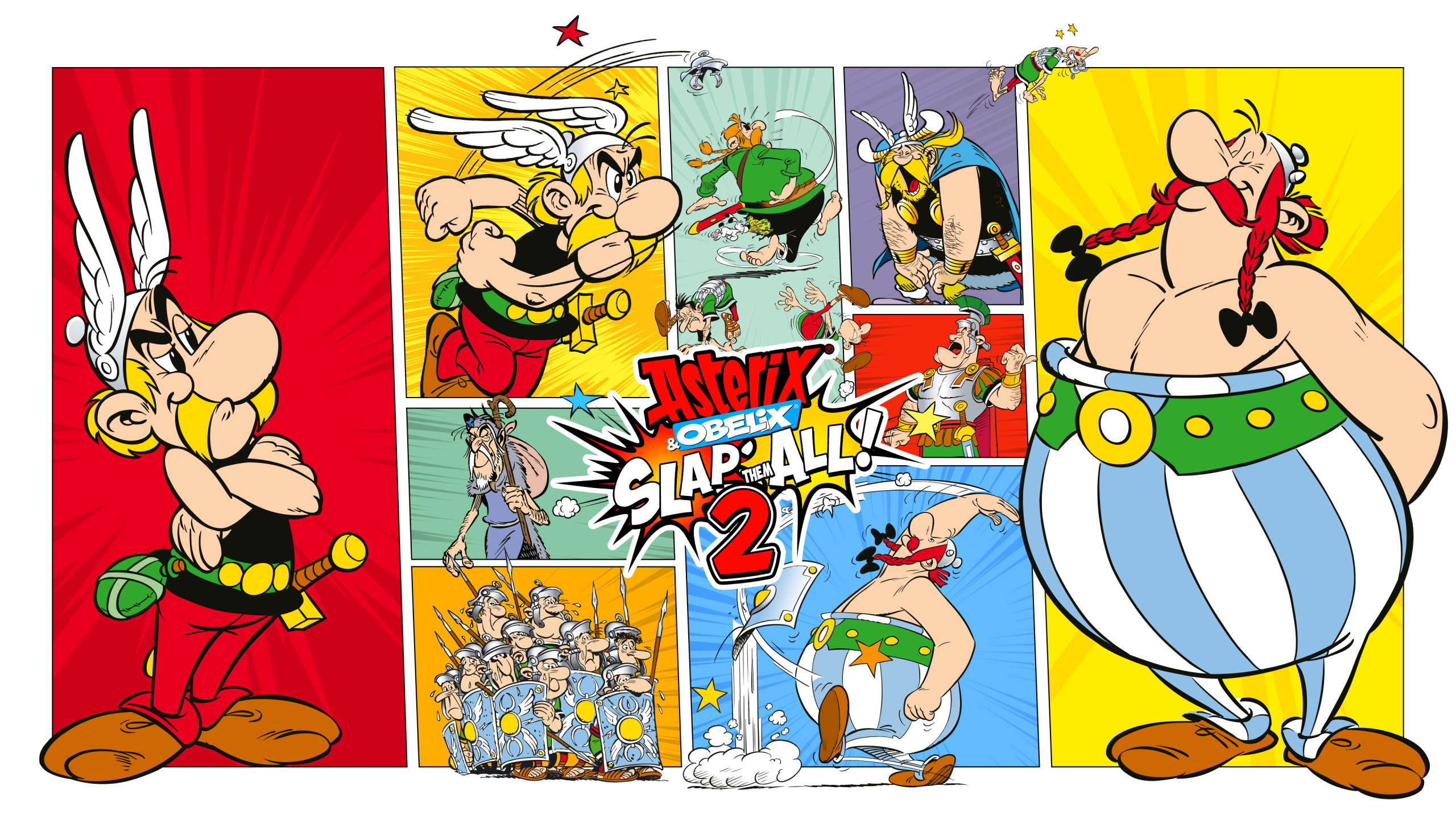Loop8: Summer Of Gods is too easy to overlook. I know, I put it to a side myself while I was playing much larger and high-profile games (such as Final Fantasy XVI). I do feel like I did this game a disservice, however, as it is different and has the kind of creative soul that I want to support.
Loop8 is a roguelike, but it’s a roguelike that’s largely focused on social interactions, rather than combat. If you imagine those social interactions as a light-touch take on Persona, then you’re basically there. You play as a dude that has moved back from Earth after growing up in human colonies in space. The sleepy little town he moves into is about to be beset by demon-like monsters from the underworld, and the only way he can stop the world from ending because of them is by quickly building bonds with the dozen or so other major characters that inhabit the town, and then using those bonds of friendship to defeat the demon. If he fails to do that within a few days the time loop resets.
It’s surprisingly outlandish for a game that looks like it should muse on rural Japanese life. I went in expecting something like Attack of the Friday Monsters or… well, frankly, Persona 4. What I got instead is something quite surreal that often clashes with the sleepy town spirit. Although I suppose that juxtaposition was intentional, I think in this particular instance I would have felt comfortable if the developers committed to a more sincere rumination on small-town life. That’s what the aesthetics point at and, frankly, Japanese small-town life and the way its communities operate are ample material for strong and intelligent storytelling all in itself.
I digress somewhat, but the point here is that Loop8 struggles to juggle all its balls as well as I would have liked it too. Loop8 wants to make a big deal out of the relationships. Your buddies around town become absorbed into the bosses that you’ll need to fight – it’s part of the game’s themes around bonding and the purpose and nature of the demons (which I’ll naturally not spoil here). Unfortunately, your interactions with these characters are also quite limited. When you bump into them going about their daily lives you’ve got some basic options on how you might like to interact with them, and that will affect one of three “statistics” that show what they think about you. However, in terms of narrative, you’re not going to get much more out of them than you do from the interactions you have in a game like The Sims for the most part. Even when the game decides that you have built your relationship up well enough for a more substantial cut-scene, the arcs are nowhere near as evocative as what you get out of a Persona. You certainly don’t get to know the characters as well as you do through the social interactions in Persona, and this immediately undermines far too much of core intent of Loop8.
Equally contentious is the decision to put a clock in the game. Given that you only have a couple of days before Armageddon, you need to plan your time out very carefully, and it’s very easy to make mistakes and effectively ruin your “run.” Given that your character also moves quite slowly, and you are pushed to fill these days down to the second, this “real-time” clock ticking down causes more stress than it is worth, and indeed ends up feeling like the root cause for why the game is otherwise so limited. There are only a handful of locations to visit in town, and each of them is tiny in terms of real estate and the things that you can do within them. However, were the game any larger in scope, that time mechanic would have been too restrictive to manage.
Combat is visually impressive thanks to some gorgeous art direction (despite some frame rate issues), but also quite limited. All the work you’ve done to build relationships converts into the stats you take into battle (rather than a conventional levelling system), and then you’re given three attack options. If you manage to defeat the boss you’ve got one big decision to make (to destroy it or not), and this heavily affects the game’s narrative. This too comes across as a really very clever idea, and a unique approach to turn-based JRPG combat, but one that ends up letting itself down by lacking the detail and depth that other JRPG combat systems have. It’s wonderful to innovate and put a unique spin on established mechanics, but you need to make sure that you’re not taking a big step back in the process.
For all of the above, it might seem like Loop8 is a poor game. Certainly, the critical response to it has been poor and the issues are real. However, I do think that, ultimately, this is a game that will stick in the memory, and that’s because it is genuinely different. We’re so used to roguelikes being focused around a combat loop that having a roguelike built around social interactions is, all in itself, a quirky spin on an overused genre. Add in the light association with small-town superstition and surrealistic elements, and Loop8 is, if nothing else, its own thing. We should celebrate the different because, even if the ideas aren’t as well executed as they may have been, at least there is an effort to innovate and push boundaries. It has its charms thanks to the generally quirky cast and occasionally an oddball sense of humour. I certainly found myself willing to struggle through Loop8’s rougher edges to enjoy the clear vision that sat underneath.
That said, for a game that tries to do things very differently, helping players get on board with it in the first place should have been a bigger priority than it was for the developers. You get essentially dropped and left to your own devices after that first loop and boss battle, and you’re still very much learning the ins and outs of the game at that point. I didn’t really understand anything about building relationships, getting parties together, and when, why and how to tackle the dungeons and bosses until I had floundered around for a few more loops. It does eventually click, but we live in an era where it’s way too easy to put a game down and find something else to do, Loop8 outright encourages players to give up on it early on by making everything seem more oblique than it needed to be.
There is a lot to like about Loop8, and there’s the sense that the creative team put a lot of work into the symbolism and theming of it. They shot for the stars. Unfortunately, it fell slightly short, and while it’s interesting and different, it never lives up to the clear potential it had. But that’s also okay. At least they tried something different. Gaming wouldn’t be worth it if people didn’t take a creative risk every once in a while.
